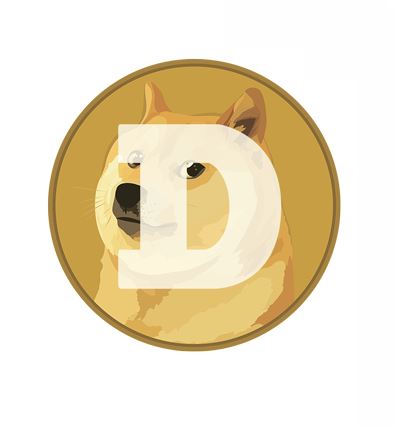Mobile Botnets Start Mining Dogecoin

Mobile hackers love Dogecoin… so scarce, much mine
Dark web crooks have started using infected mobiles to mine various virtual currencies, including Dogecoin, Litecoin and CasinoCoin, because Bitcoin has become difiicult to mine.
The basic malware, called CoinKrypt, was spotted by Lookout Mobile Security researchers doing the rounds on Spanish underground forums. It used up infected devices’ compute power to unlock coins, but was not used to mine Bitcoin. Dogecoin, named for an irritating Internet meme.
That’s probably because Bitcoin has become difficult to mine. The process of mining uses machine processing power to figure out the difficult mathematical problems required to unlock virtual coins. As more are unlocked, it becomes more difficult to mine them, as the Bitcoin protocol is set to increase in difficulty, to ensure that it always takes around the same time to process a block in the shared blockchain.
TechWeekEurope recently heard that many cyber criminals are moving away from Bitcoin mining malware, as it has become too difficult.

Dogecoin miners over mobile
“Why target Dogecoin or Litecoin and not the much more profitable Bitcoin? In order to control the rate at which new digital coins are minted, the software that runs the currency sets a difficulty rate which governs just how much processing power you need to expend in order to solve the blockchain and get new coins,” Lookout noted in its blog post.
“The difficulty for Bitcoin is so tough right now that a recent mining experiment using 600 quadcore servers was only able to generate 0.4 Bitcoins.
“As a minimum, users affected by this malware will find their phones getting warm and their battery-life massively shortened. Another added annoyance? CoinKrypt might suck up your data plan by periodically downloading what is known as a block chain, or a copy of the currency transaction history, which can be several gigabytes in size.”
Detection levels for CoinKrypt are currently low, with most infections in France.
Are you a security expert? Try our quiz!